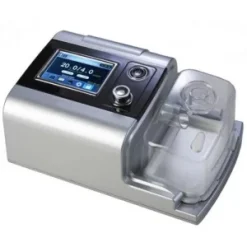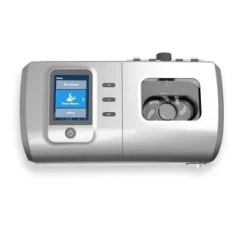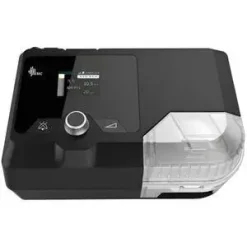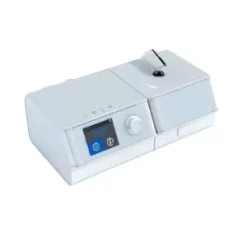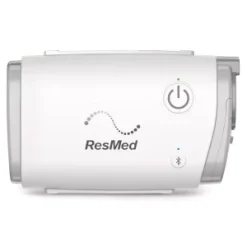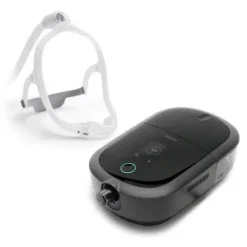-
- Home
- Product Categories
- CPAP machine
- BiPAP machine
- CPAP Mask
- Oxygen Concentrator
- CPAP Accessories
- Wheel Chair & Mobility Aid
- Hospital Bed & Furniture
- Patient Monitor
- ECG machine
- Ultrasound Machine
- OT Equipment
- Infusion & Syringe Pump
- Pulse Oximeter
- Blood Pressure Machine
- Nebulizer
- ICU-NICU Equipment
- Dermatology & Beauty Care
- OB & GYN
- Veterinary Equipment
- Home Care Equipment
- IVD & Laboratory Items
- Others Medical Equipment
- Shop
- About Us
- Contact Us
- Login

